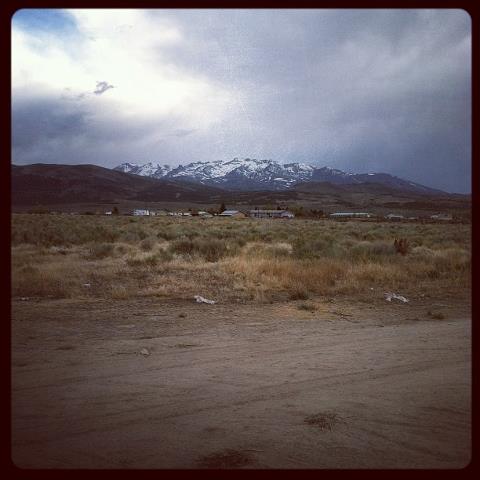My daughter Lucy pulls herself up into the top bunk in the hallway of the bus and pulls the shade. Later, I peek my face in and ask her what she’s up to. But at first she doesn’t hear me – her face is intent on her next drawing. In the corner of her bunk I see Madeleine L’Engle’s A Swiftly Tilting Planet. Lucy is smart, and she is kind especially to her smaller brother and sister. She is brave. And there is a strength in her that she inherited, not from me, but from her mother.
* * * * *
At the beach, Abra immediately drops to play in the sand. Then she rolls over on to her back and makes a sand angel. Then she lifts handfuls of the stuff and pours it into piles. Abra is our beaming child, so full of energy and smiles and messy life that she will not be constrained. She is so unlike me, and I love that about her.
* * * * *
Having two daughters, then, it is no wonder that this verse in Psalms reached out to me a few days ago. I can’t stop thinking about it:
May our sons in their youth
be like plants full grown,
our daughters like corner pillars
cut for the structure of a palace. (Psalms 144:12 NAS)
Wow. Corner pillars. That struck me as a particularly strong image, one that reverberated in my mind. In this verse, the sons are portrayed as plants, while the daughters are corner pillars. Which sounds stronger to you in this instance? Which is supporting the weight of a massive structure?
I wondered to myself: Am I giving my daughters the support they need to become, not the pretty little things our culture so often encourages, but the strong “corner pillars” the psalmist envisioned?
* * * * *
I tremble as I write this post, not knowing why.
I wanted to find out more about this verse, so I checked it out on an online resource, looking into the various translations. Here is the New Living translation:
May our sons flourish in their youth like well-nurtured plants. May our daughters be like graceful pillars, carved to beautify a palace.
Interesting. The image of strength that rose my mind in the other translation is here slightly overshadowed by the words “graceful” and “beautify.” Appearance takes precedence over the characteristics of strength and structural support. Perhaps a one-off, I thought to myself, moving into other translations. How about the New King James Version?
That our sons may be as plants grown up in their youth; That our daughters may be as pillars, Sculptured in palace style.
Closer to the NAS, but “sculptured in palace style” still left me with the feeling that looks trumped strength. Finally, I turned to The Message. I love The Message. I love the freshness of its present-day language and creativity.
Make our sons in their prime like sturdy oak trees, Our daughters as shapely and bright as fields of wildflowers.
The Message completely reversed the original intent of the older translations, placing the image of strength and sturdiness into the blessing granted to the sons, while blessing the daughters with the image of flowers and shapeliness. It seems the more recent the translation, the more appearance-based the blessing.
What?
* * * * *
I’m not a Hebrew scholar. Please feel free to point out in the comments any mistakes I’ve made. Seriously. But I turned to a few tools online to aid in breaking this verse down:
Apparently the word “corner” in that verse comes from the Hebrew word we write as Zaviyth meaning “corner.” Duh. Interesting though, that it may come from the same root as the masculine Ziv, meaning “brightness or prominent.” Prominent corner?
The word “cut” in that verse comes from the Hebrew Chatab, meaning “to cut or carve.”
Stay with me, because most interesting of all, the word palace comes from the Hebrew Heykal. In the NAS, this word appears 80 times. In 14 of those cases (including this verse), the English word used in its place is “palace.” But in fifty instances, the English word is “temple.”
Temple.
The place of worship.
What if this verse had been translated as
our daughters like corner pillars
cut for the structure of the temple
How would that impact our view of our daughters, or of the role they play in our lives and our churches as they enter womanhood? What if we saw them as structural necessities, and not peripheral contributors? Maybe you already do.
I hope you already do.
* * * * *
Although I am constantly awestruck by the physical beauty of my daughters, I will not encourage them to find their value in it. The years will tear at it. Others will objectify it. An accident could alter it. And in the end, death will destroy it.
I want to be part of a community that places an importance on our daughters, not because of their fleeting physical beauty, but because of their importance, their strength, and the absolute necessity of their presence.
May our sons in their youth
be like plants full grown,
our daughters like corner pillars
cut for the structure of a palace.
 Three questions for you today – leave your responses to any or all of them in the comments section:
Three questions for you today – leave your responses to any or all of them in the comments section: